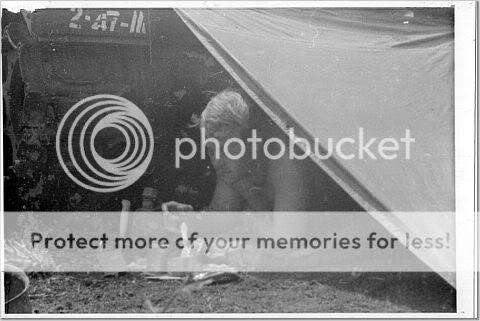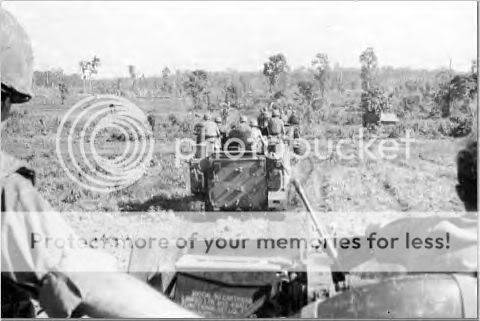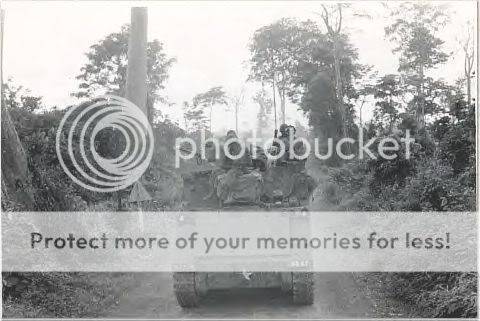MikeK
Gold Member
Maybe you think potentially escalating that unnecessary debacle into a possible nuclear exchange was a good idea but I don't. All I have to say to you is you are damn lucky you came out of Vietnam alive and intact."Like we didn't dishonor our Nation by eventually turning tail as we did?"
Exactly my point. And that decision was heavily influenced by protestors such as yourself.
"You are still talking about Vietnamese fighting Vietnamese on Vietnam's soil! Regardless of the motivation that was a civil war!"
Still wrong. South Vietnam was an independent nation formally recognized as such by many nations including the US. What part of that do you have a problem understanding?
"And please don't disregard the fact that the alternative was pursuit into Cambodia which would have triggered a full-scale hot war with China and the Soviet Union. So that idea is just thoughtless nonsense."
Wrong again (at least you're consistent).
Me and some of my closest friends during our "vacasion" in Cambodia May '70 (it was in all the papers):



And, no, neither the USSR nor the PRC came out to play any more than what the already were.
What did we gain from all of it? And what did we lose? Do you actually believe you were defending America in Vietnam? In case you do I have news for you. For the vast majority of Americans you were an afterthought. And if it were not for the protest movement a hell of a lot more Americans, possibly including you, might not have made it home.
